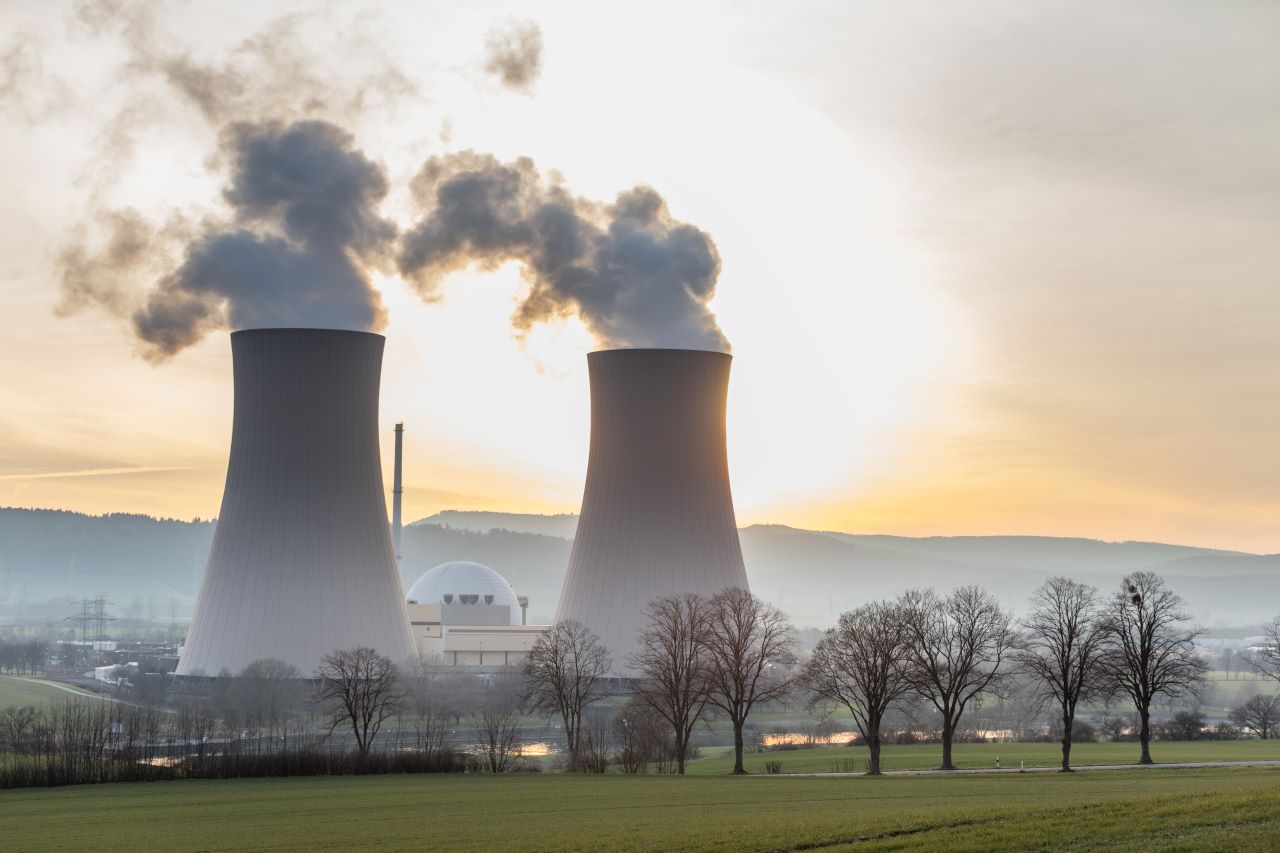The dialogue surrounding nuclear power has long been contentious, with policymakers pulled in one direction by the potential for low-cost domestically produced clean energy and pulled in the other by fear of nuclear accidents and even terrorism. Both friend and foe, nuclear power policies globally have been left drifting.
Are we on the verge of a nuclear renaissance?
Since the 1990s, nuclear power has been suffering stagnation following the retirement of old plants, high construction costs, and poor public perception —particularly following the Chernobyl tragedy in 1986. In more recent times, the Fukushima disaster of 2011 reignited widespread public concern after the most powerful earthquake in Japan’s history caused a tsunami that disrupted the power supply of the plant’s nuclear reactors. The aftermath yielded damaging physical, psychological, and social consequences.
Of late, there has been renewed interest in nuclear power following the Russia-Ukraine war as many nations, particularly within Europe, aim to reduce their reliance on Russian fossil fuel supplies. In 2022, members of the European Parliament voted in favour of classifying investments in nuclear power plants as sustainable and ‘green’. While nuclear power capacity objectives remain unclear, this move is anticipated to increase the market share of nuclear power within the EU energy mix much to the disappointment of member states, including Germany, Austria, Portugal, and Denmark, which have all disavowed the use of nuclear power in their national policies.
In the US, nuclear power already contributes to over half of the nation’s carbon-free electricity production. The relative success of nuclear power is attributed to the passing of the Energy Policy Act of 2005, signed into law by the Bush administration. The Act provided numerous incentives for producers of nuclear power and consumers alike. Following some stagnation in recent years and bolstered by bipartisan support, the current US administration has pledged to further increase its domestic nuclear power capacity. In mid-2022, President Biden announced a $6bn package to support nuclear power plants struggling to compete with cheaper natural gas alternatives. Nevertheless, several states, including California, Hawaii, Maine, and Minnesota, among others, have restricted the construction of new nuclear power plants to varying degrees of interdiction.
The new controversy – small module reactors
GlobalData anticipates that 471 GW of nuclear energy will be installed by 2035, an increase of 20 % compared to 2022’s capacity of 391 GW. A key nuclear development has been the increased investment in small modular reactors (SMRs). These are defined as reactors with a maximum energy capacity of 300 MW. SMRs can be used to provide energy on a relatively small scale, such as in towns and small cities as well as within hospital buildings or university campuses. Operational SMRs are currently scarce, however, proponents state that they will be significantly cheaper and faster to build than conventional nuclear reactors and require less water to operate.
SMRs are considered by some to be a promising opportunity and are a key component of future energy plans within the US, UK, and EU. However, critics believe that money will be better spent financing safer and lower-cost clean energy sources such as wind and solar, with many explaining that construction of SMRs will only be price-competitive if produced in sufficiently high volume—a long-term aspiration. Furthermore, there are concerns that SMRs will generate greater amounts of radioactive waste.
Nuclear power – now or never?
The energy transition is very much here and now. Over the past century, the adoption of nuclear power has ebbed and flowed but never has the question of nuclear power been more pressing. With climate change at the forefront of political agendas, the question of nuclear power, and the non-trivial spending that goes along with it, cannot remain drifting in the wind. Either nuclear power must become a core component of energy policy, or it should be relegated to history in favour of alternative green technologies.






